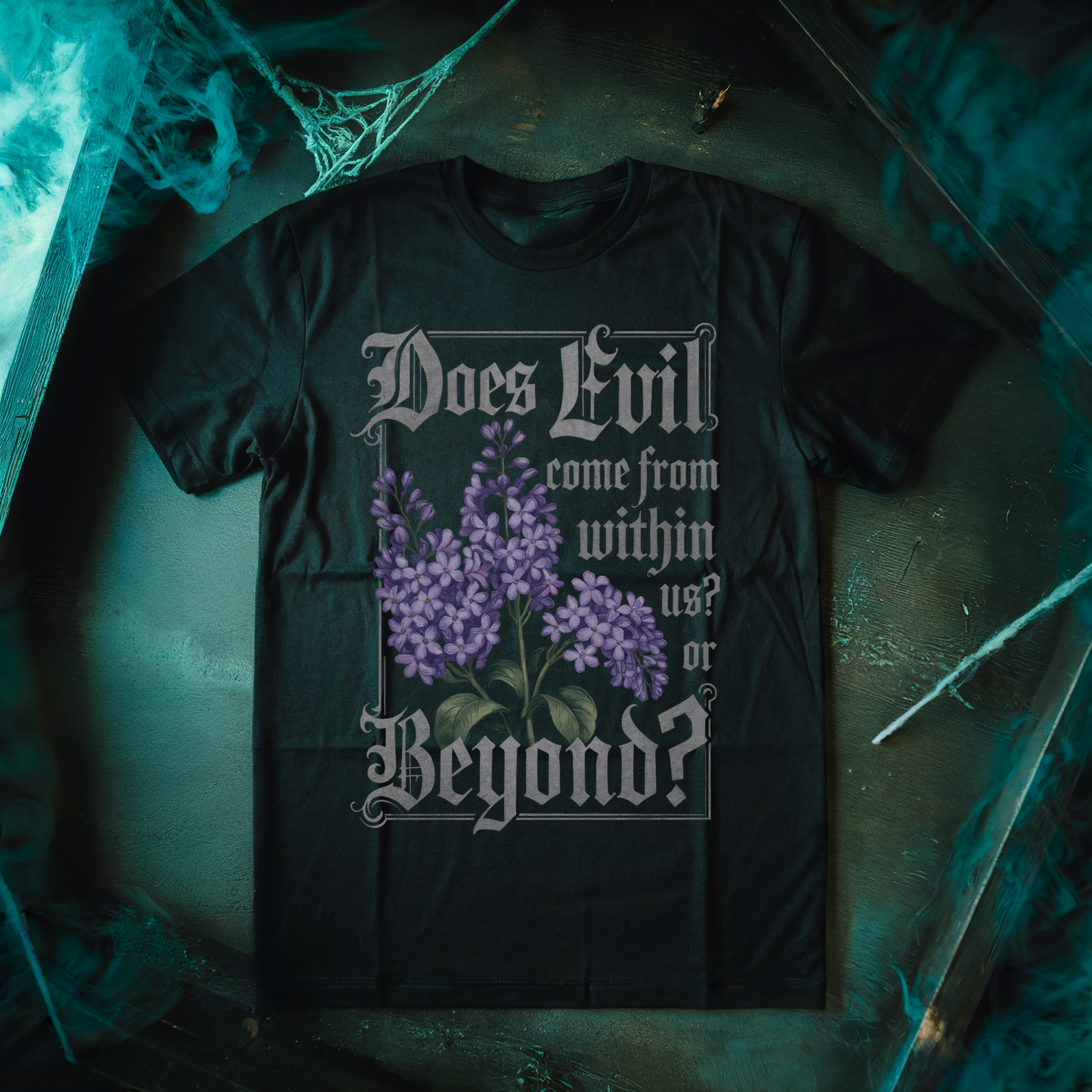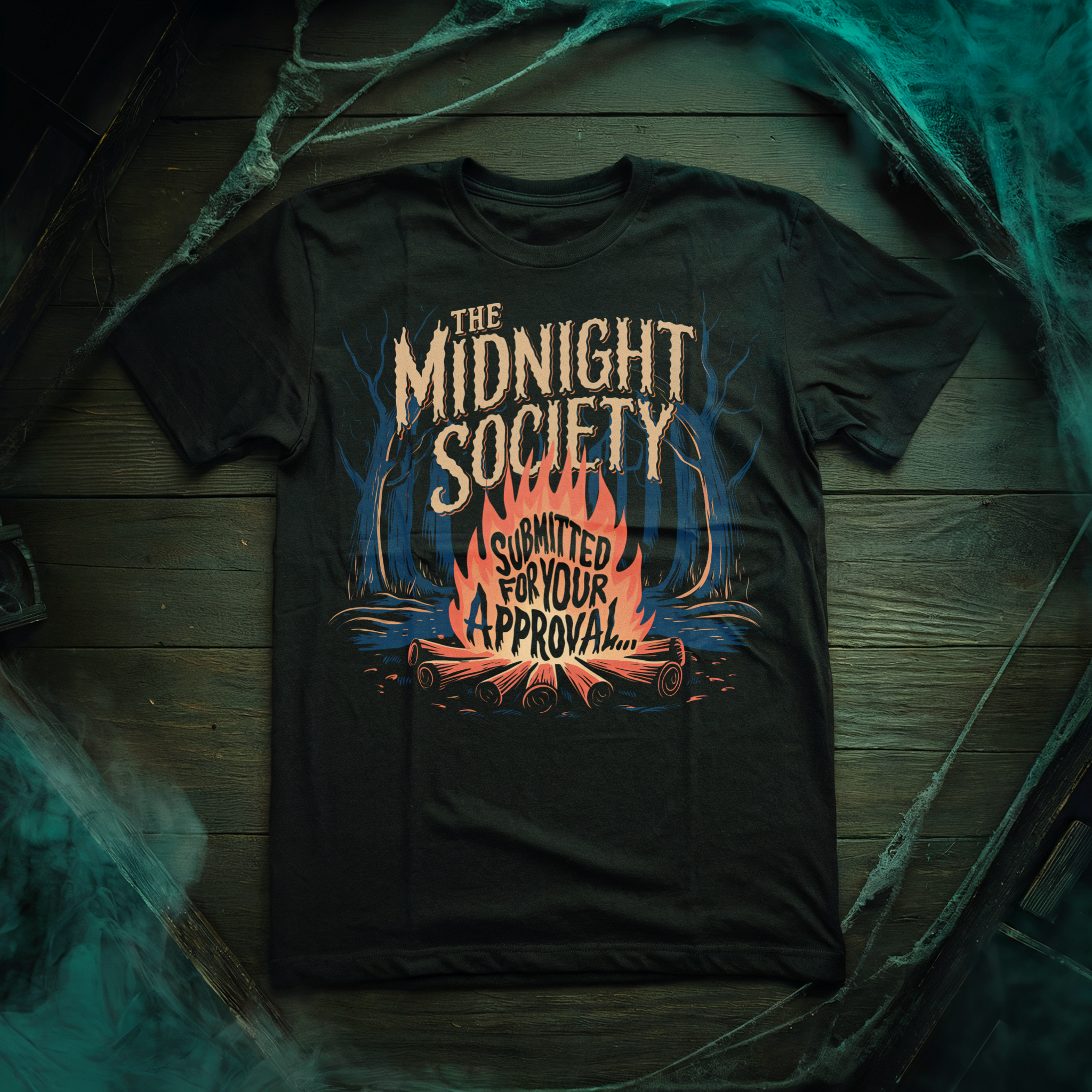There was something so captivating about Robert Eggers’ The Witch that we have talked about it constantly since its 2015 release. It’s hard to pin it down to one specific thing, but there is something beautiful about the genre that it belongs to as well. Folk horror is having a resurgence lately and it makes perfect sense. The Witch helped bring it to the mainstream, and now thanks to movies like Gwen that its staying in the spotlight. Gwen bears a lot of similarities to its predecessor but stands strong on its own. The film features enough blood and ill-timed storms to please any horror fan, but the true beauty of the movie is instead in the very real-world problems that quietly lurk around the edges of the screen.
Gwen tells the story of a family down on their luck trying to survive the Industrial Revolution. Set in the bleakest peaks of Wales, Gwen (Eleanor Worthington Cox) alongside her sister and her mother Elena (Maxine Peake) reside on a humble farm and await the return of their husband and father. They live a typical farm life of tending to their animals, selling their produce at the local market, enjoying church on Sundays. But life isn’t as idealistic as it sounds and the life of this simple family is threatened by the increasing presence of the Revolution gripping their community, and the local quarry, by the throat. The quarry feels like a looming danger in the town, with businessmen pulling Elena aside to convince her to sell her farm. All three of the women are insistent that the farm will forever be their home and after all, when their father returns, where else would he return to? But the bullying from the quarry continues and it seems to come paired with otherworldly and sinister forces. Gwen finds herself at the heart of everything as she, a young girl, simply wants her family to survive in a world that would rather they not.
![gwen 2019 [Review] GWEN Reminds Us of The Darkness and The Beauty of Folk Horror 10 gwen 2019](https://nofspodcast.com/wp-content/uploads/2019/08/gwen-2019.jpg)
From hearts nailed to their door to mutilated flocks of sheep, there’s something ominous lurking around the farm but it’s not as simple as either a ghost or a diabolical businessman. Instead, the movie Gwen focuses the horror on something else and far more familiar; a young girl struggling against forces both internal and external. The film is rife with spooky moments and just enough jump scares to get the heart pumping but the undercurrent of existential dread and utter despair is what drives the film past a typical horror film into something completely different. The sadness practically oozes out of every word Gwen speaks as a daughter simply trying to keep a family intact.
While terror is abound throughout the whole movie with punctuated moments such as bloodletting, bloody handprints, and eerie dreams, you can’t help but realize that that’s simply a symptom of horror rather than the cause. It appears as if the driving force of the movie is a strained relationship between a mother and her daughter trying to survive a brutal life. It’s enough to keep you on your seat. Not murder, not mysterious footsteps in the night. It’s the moments between Elena and her daughters that keep an immeasurable sense of dread through the film. The film practically holds your lids open as it shows you the horror Gwen has to experience while trying to keep her head up and her family intact. It’s not easy to watch her suffer, and it stings like hell when she can’t seem to catch a break. But it’s these moments that have a slight mirror effect; whenever something tragic happens there’s a golden moment that brings a smile to Gwen’s face, whether it be a local boy catching her eye or laughing with her sister. It’s a stark reminder that things aren’t always terrible, but if something is going to go wrong, it probably will.
“A little spooky, a little creepy, and a hell of a lot of sadness.”
The movie is a slow-burn with a lot of build-up that leads you to an expectation of an incredible payoff. The stark imagery paired with a dreamy yet spooky soundtrack is enough to keep tensions high, but with small moments of hope peppered through just to remind both the viewer and Gwen that life has a possibility of being okay. But don’t get your hopes up. The ending is a tough punch to the gut, leading you to realize that those horrible things you were imagining might happen, might actually happen. I won’t spoil it here, but have a tissue box in hand. Gwen is a great reminder of what folk horror can be: A little spooky, a little creepy, and a hell of a lot of sadness.
Have you had a chance to see Gwen? How does it compare to some of your favourite folk horror? Let us know on Twitter, in the Nightmare on Film Street Subreddit, and on Facebook in the Horror Movie Fiend Club!
![gwen 2019 rlje poster [Review] GWEN Reminds Us of The Darkness and The Beauty of Folk Horror 11 gwen 2019 rlje poster](https://nofspodcast.com/wp-content/uploads/2019/08/gwen-2019-rlje-poster.jpg)








